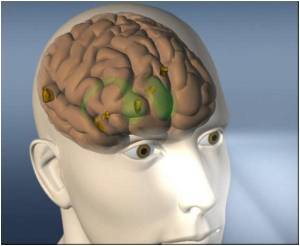Ischemic stroke is characterized by an interruption of the blood supply to the brain, which can lead to brain damage and even death.

Currently, there are no effective strategies for combatting the effects ischemic stroke. In this issue of the Journal of Clinical Investigation , José Sánchez-Prieto and colleagues at the Universidad Complutense demonstrate that peritoneal dialysis is an effective treatment for reducing glutamate levels in the blood following a stroke event.
In a rat model of ischemic stroke, peritoneal dialysis reduced tissue damage in the brain. Furthermore, the authors found that peritoneal dialysis was able to reduce blood glutamate levels in humans undergoing dialysis for chronic kidney disease.
Together, these data suggest that peritoneal dialysis immediately following ischemic stroke may help preserve brain tissue and function.
Source-Eurekalert














